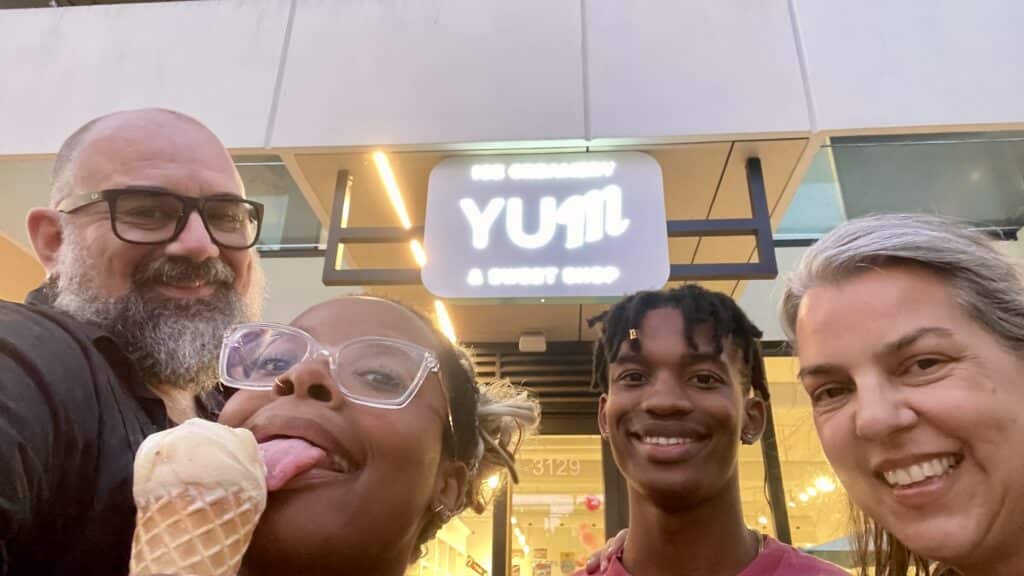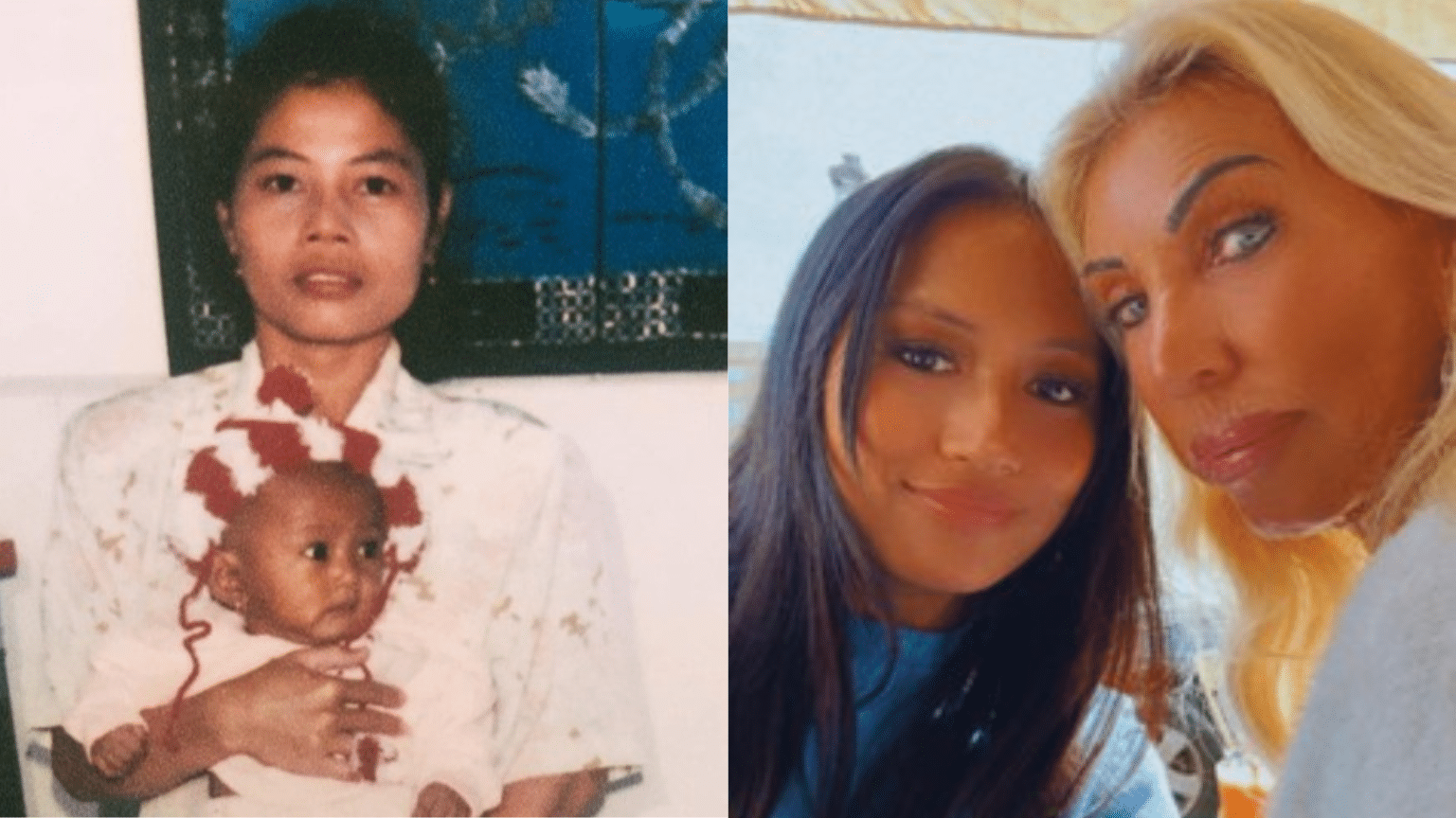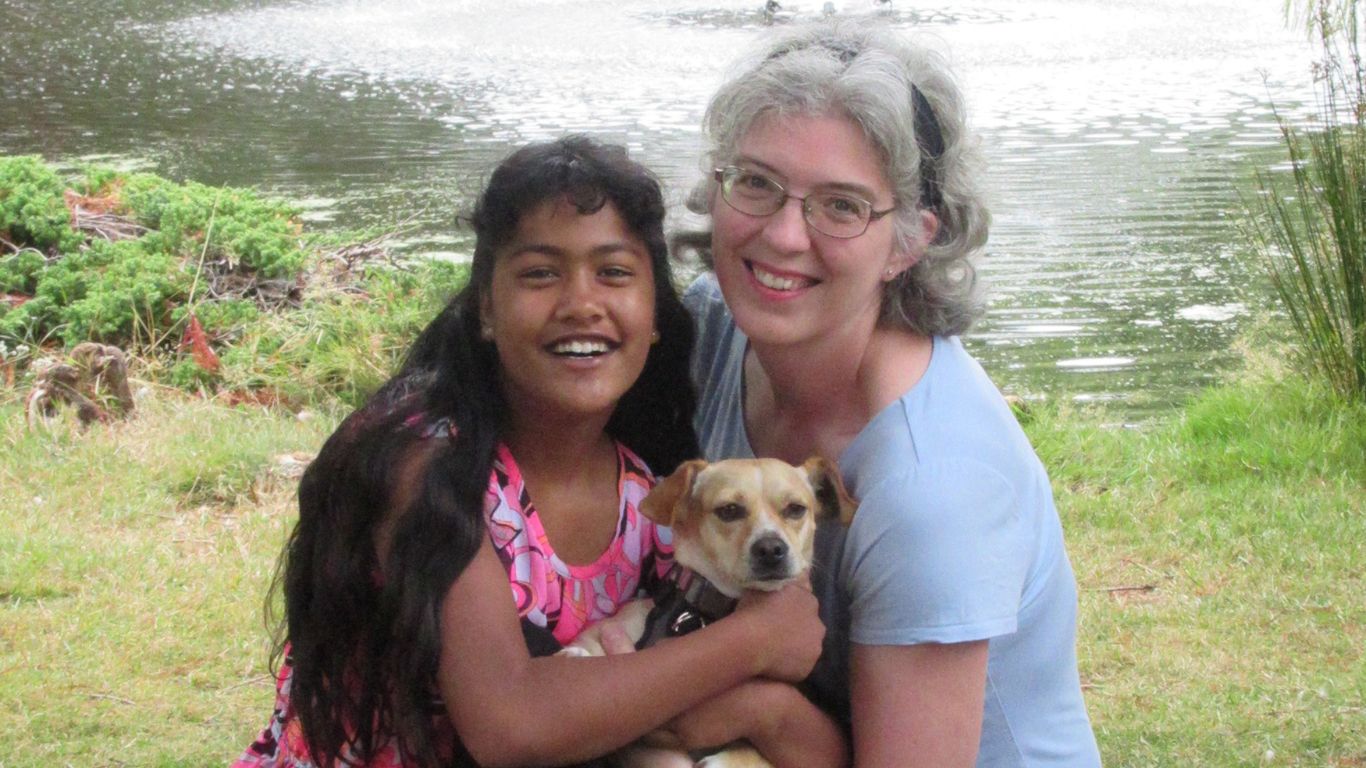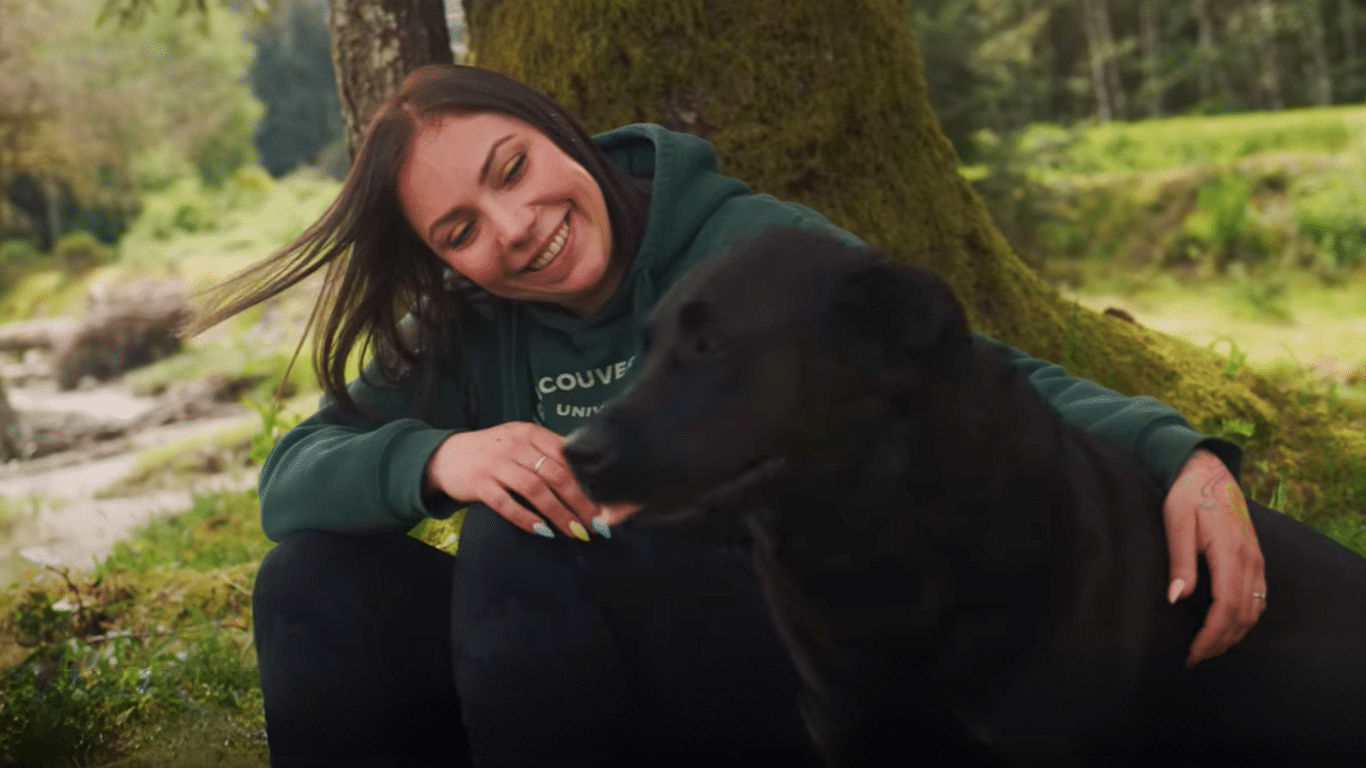People with FASD struggle with lifelong behaviour and learning problems. In this article, one young adoptee shares her story of life with FASD. All names have been changed.
What assumptions do you make when you see someone in a wheelchair? Or with a hearing aid or really thick glasses? What if they have a red and white cane or are wearing a cast? A lot of people could be identified as having a disability or needing extra support. But what if your disability is brain-based? It’s then an invisible disability, which can lead to people to judge you or make assumptions that you are dumb, bad, undesirable and much more.
My name is Tianna Jones. To you, I may look like a typical, happy and fun, 15-year-old teenage girl. What you may not know by looking at me is that I have an invisible disability. I have SRND, I’d tell you what that means but I can’t spell it. And I want you to know how important it is not to do drugs or alcohol when you’re pregnant.
Her drug of choice was crystal meth, and it is suspected she also drank alcohol. It is hard to know why she didn’t stop while she was pregnant with me.
When my birth mom was pregnant, she made a choice to do drugs for six months out of the nine months she was pregnant. Her drug of choice was crystal meth, and it is suspected she also drank alcohol. It is hard to know why she didn’t stop while she was pregnant with me. I do know it’s not my fault but it doesn’t make living with the consequences of her actions easy. I am going to refer to my disability as FASD, not SRND, because that is a more recognized term.
There still needs to be more education around FASD. I am misunderstood a lot because people do not understand I have FASD. Some people think it’s not a big deal to drink or use drugs while you’re pregnant. But it is a big deal, a really big deal. I know because I live with it every day.
A new way of learning
I find it very hard living with FASD. I have brain damage, sensory problems, learning
disabilities and a short term memory. It’s not easy to live like this and my adoptive parents live with it too. They are with me every step of the way. They are my external brain and they help me be successful.
My parents have taught me along the way that my brain simply works differently. I have felt stupid many times, especially at school. I need adaptations that the other kids don’t need and sometimes it makes me stand out differently. My brain can work really hard for a couple of days but then I forget what I have learned and I have to be taught it again. Sometimes people say I’m lazy or trying to get out of my work but that’s not true, my brain just has to work extra hard to store information. I also get so tired that I sometimes need breaks. And sometimes that means I even need to miss school just to rest my brain and body.
I like to think of it like a filing cabinet. Filing cabinets are supposed to be organized with all the information easy to find when you need it. Well, imagine how my brain works: the information goes in but it’s never filed in the right folder. You can’t find the things you need. I can’t remember them.
People like to make assumptions about me because I look like everyone else. I try to act like everyone else too. I have really great coping skills and can trick people. I know when to raise my hand in class at the right time so I’m not called upon but I look like I know the answer. I can move my mouth so I look like I’m reading, even if I’m not. I can even look like I know what I’m doing by pretending to help my friends. This is all very exhausting because it takes a lot of energy to be something you aren’t.
Dealing with bullies
I have been bullied and made fun of. Back in elementary school, I had help from an EA. Focusing was really hard for me because I just didn’t understand the work. I was loud and impulsive so my EA had to be my external brain. She calmed me down when I got hyper and she would help me when I didn’t understand the questions. You see when I get overwhelmed I get very hyper and loud or I get a migraine. Peers would get frustrated with how loud and hyper I can get. Part of my disability is not being able to regulate my own body. Kids noticed that and started picking on me in grade 6 and 7 just because I was different.
In grade eight, boy did it get really bad. Kids from elementary school who didn’t like me or understand me started teasing me in class about my disabilities. One girl even tried to schedule a day to jump me outside and beat me up but we reported her before that happened. That same girl and her friend attacked me in the gym during lunch a couple of weeks later but luckily an adult caught them. Then there was a boy in my foods class who thought it would be okay to say something real hurtful to me. He said my mom didn’t love me and I should have been aborted. That made me angry and then sad. First of all, she was not my mom she was my birth mom and second of all I am worthy and valuable and wanted, so I should have been born.
Lifelong problems
Exposure to drugs and alcohol result in lifelong problems. These problems do not go away. You just learn to do things differently. No two people with FASD will be the same. What works for me may not work for someone else. It’s a spectrum.
How would my life be without the support I have now? Where would I be today? I have learned and still am learning that it’s okay to get support. It is okay to be me. I am one of the lucky ones because my family is always there for me. They have my back and they are my number one supporters.
No amount of alcohol or drugs are safe during pregnancy. We need to think about what’s important: a few moments of fun or the life of another person not yet born. Is one hit of speed worth hurting a child like me?
Tianna Jones is a teen adoptee who hopes her story will inspire others.





